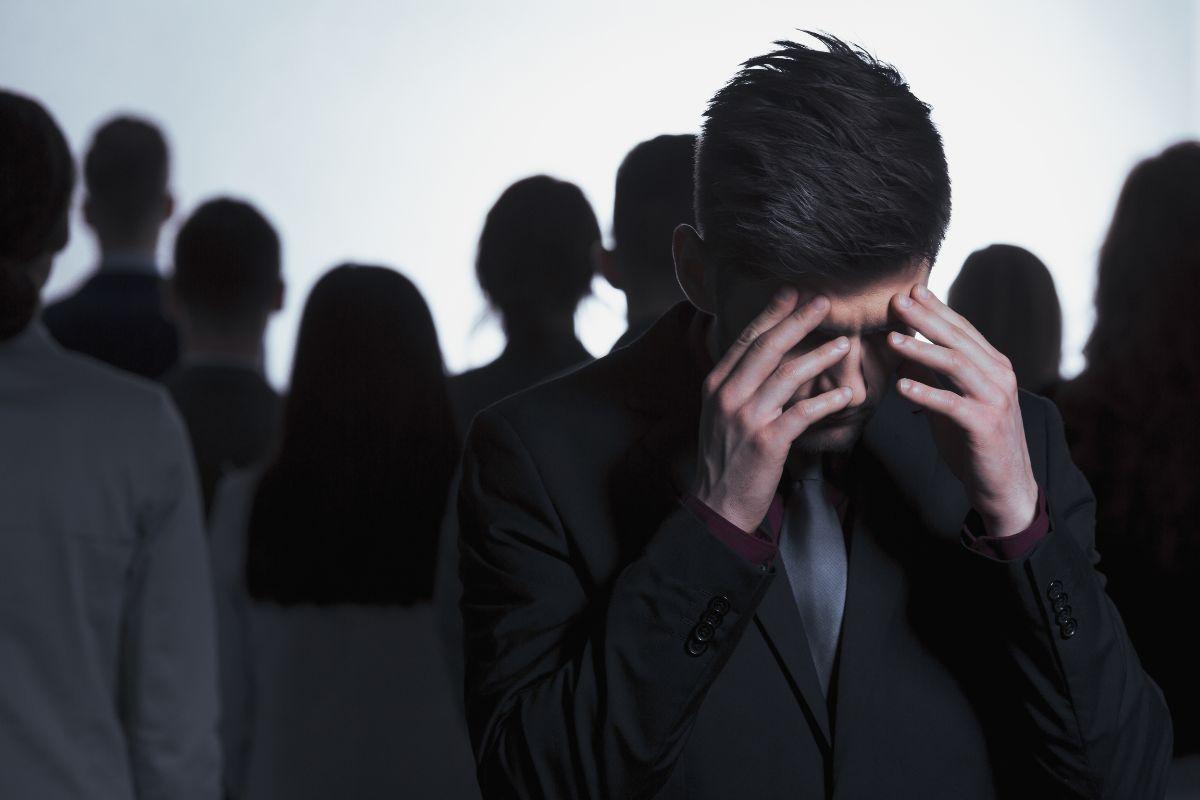Mental illness today
With the increased prevalence of mental health conditions worldwide, there has been a corresponding increase in the development of mental health diagnostics and associated facilities. Within the scope of mental illness, there is a range of conditions ranging from post-traumatic stress disorder (PTSD) to depression. The reality is that one in four individuals will suffer a mental illness or disorder in their lifetime. Treatments are available; however, two-thirds of those who suffer from mental health conditions do not seek professional help. This is usually due to several outside factors including culture, environment, stigma, neglection of preventative care, access to healthcare, and discrimination.
Depression, in particular, is usually treated through prescription of anti-depressants such as citalopram, escitalopram, fluoxetine, fluvoxamine. Antidepressants work by attaching to neurotransmitter receptors in the brain and increase chemical levels. Many patients aren’t comfortable with introducing chemicals into their body in the form of antidepressants or other medication. Other patients find the side effects too much to handle. In fact, two-thirds of patients suffering from depression don’t get adequate relief from their symptoms from their first rounds of antidepressants. In contrast, TMS provides a non-invasive, medication-free alternative for patients with success rates higher than those on anti-depressants
How it Works
TMS is a non-invasive technique which functions by introducing a weak electrical current which induces magnetic pulses around the patient’s brain tissue through a metal cord held closely to the individual’s head. With these magnetic pulses, the neural cells at the targeted area of the brain can be made to either depolarize or hyperpolarize hence affecting the energy of the neurons.
There are several modalities of TMS including repetitive TMS (rTMS), deep TMS (dTMS), and single TMS (sTMS). Through an abundance of research, it has been found that rTMS produces long-lasting and beneficial effects that can relieve the symptoms of those suffering from depression, OCD, PTSD, addiction etc. As such, the National Institute for Health and Clinical Excellence (NICE) has approved its use in the UK. At the Smart TMS clinic, they focus on treating individuals suffering from depression, addiction disorders, and other mental illnesses.

Side effects of TMS
Through research, it has been determined that there is little to no risk for this treatment. It is uncommon to have serious complications. Often, people confuse rTMS with Electroconvulsive Therapy (ECT). Unlike ECT, rTMS does not cause memory loss, does not need anaesthetic and is conducted as an outpatient treatment. The risk of seizure during rTMS is 1 in 50,000 although some patients have a slight headache after treatment. Patients may also feel tired after their rTMS “brain workout”, but they can usually carry on their day as normal, such as drive, go home alone, etc. They may need an early night and paracetamol to relieve their headache.
While the majority of the research on rTMS revolves around depression, at Smart TMS Clinics they have found that it can also positively affect individuals suffering from other mental illnesses. rTMS is best utilized and the most efficient when higher-intensity magnetic pulses are used, number of simulations, and the duration of the treatment is lengthened. Depending on the severity of the individual’s mental condition, different frequencies and scanning of the brain will occur during their stimulation treatment.
Uses of rTMS
At Smart TMS, they have specifically applied this new technology to target a population who is suffering from depression (i.e. clinical, seasonal affective disorder, teenager 16+, bipolar, postnatal), addiction (i.e. smoking, cocaine, alcohol), anxiety, OCD etc. For those who are suffering from depression, this is an alternative treatment to taking anti-depressants.
The use of rTMS can relieve depression symptoms which include low mood, low motivation, low self-esteem, hopelessness, suicidal thoughts, amongst others. For OCD patients, they can alleviate symptoms such as obsessive thoughts such as fear of germs/contamination, or a need for symmetry, or urges to perform compulsions, which may include counting, checking or repeating.
rTMS treatment has also been successfully used as treatment for cravings in the case of cocaine addiction. It has been shown that 75% of cocaine users will relapse if they are left to themselves without rTMS. Therefore, rTMS is extremely useful due to the versatility of the treatment. It provides an alternative treatment option to those who are struggling with drug dependencies.




